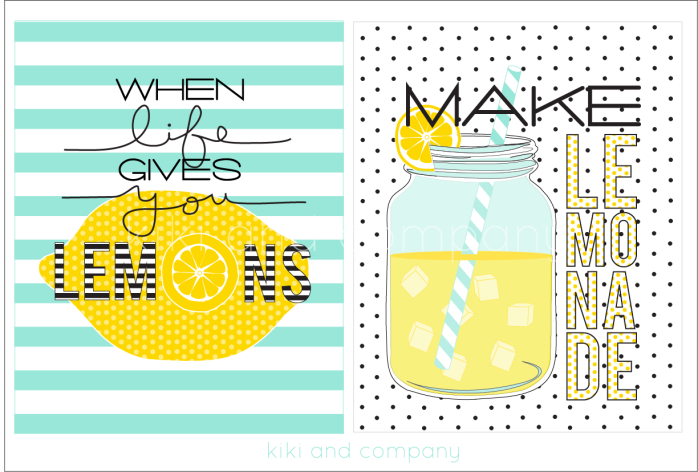As human beings we have a genuine fascination with tragedies that befall other people. We seek these stories out in the media we consume through our newsfeeds, movies, television shows and online searches. Like hungry moths to the flame of human fragility and suffering we open that latest “Baby killed in hot summer car” article. But what are we hoping to feel when we read this? Perhaps we have lived through something like this and we are seeking connection to others who have lived through a similar experience. Perhaps for that one moment in time, we are captivated by the sheer unimaginability (I’m officially making this a word) of that loss, or level of pain, and we want to stand for a moment in their shoes and then be grateful we can take those shoes off and go back to the normalcy of our lives. Taking those shoes off feels awfully liberating doesn’t it? And social media has made it even more accessible to partake in putting on and taking off these shoes. But there is a very sad thing happening to all of us as a result of this curiosity and constant availability of tragic stories–a growing third-person sympathy addiction, which I’ve dubbed ‘pity porn’.
I call it ‘pity porn’ because porn is something we watch to get us in the mood to feel and act the way the actual people who are having sex do. It tricks us into thinking we ourselves are having sex just by the sheer voyeurism of the experience. And while we might reenact this porn in our own bedrooms with ourselves, it is not the same as being the person actually having that spontaneous moment with another living human being. And if there is another human being present while we are watching this, the experience of watching others shouldn’t and can’t be the only way to ignite the passion of connection and spontaneous passion. I call it ‘pity’ because pity is in essence feeling sorry for someone but not genuinely having empathy or the capacity for empathy.
In modern times, we substitute living lives ourselves for the watching of others living lives. This “watcher society” we live in stimulates those tiny friends inside our brains called “mirror neurons” which activate our empathy center and pain centers. The danger of this is that:
- We reduce our genuine ability to feel our own feelings about our own lives
- We reduce our genuine desire to live our own lives or feel our own pain after we’ve dosed ourselves on the tragedies of others.
- We use others tragedies as a way to access our own emotions because we no longer can have empathy orgasms on our own.
And the worst part? We actually reduce our ability to empathize, because empathy requires being genuinely present and available and not over-identifying with another’s experiences. It’s not self-referential at all. We don’t have to walk in another’s shoes to make a space for their suffering. In fact, we don’t have to make it about ourselves at all. Yet, our experience as watchers, makes it easy to distance ourselves from the tragedy and the actual every day life of the people who experience them. It also makes it easy to feel relief when the tragedy doesn’t befall us as well as use judgment to defend against feeling pain over that tragedy. It’s a lot easier to blame the rape victim for example, then sit with how it makes you feel scared, vulnerable and angry that such violence occurs and could happen to you or someone you care deeply about.
We post empty words on Facebook “thoughts and prayers” and for us, the show is over. The article has been read. We’ve done something. And we tell ourselves that tragedy is something that can and should happen to others as well as something we should be able to “try on” when we are feeling the need to connect (but not too much).
And what of the people who can’t take their shoes off? This is their new reality. This is their new normal. How can we be truly loving and present in real life for others when it’s so easy to click on some other new version of reality? My fear, dear ones, is that we are creating entire generations of people who can’t handle real life or develop genuine tolerance for distress or true intimacy and connection. And we are harming them more than any life-made tragedy because we are giving them the tools to be half alive without the capacity to deal with the full magnitude of life as it happens.
“Thoughts and prayers” are wonderful. The intention behind them is beautiful. But so is leaving your phone on at all hours of the night for friends who are grieving from that terrible tragedy. So is volunteering at a crisis hotline, or offering a meal to a homeless person, or going to the place of said tragedy and volunteering to help. Taking action is not posting on social media. It’s the opposite of sitting safely behind a computer or smart phone. It’s messy and it’s gritty and it’s right now, in person.
Go be alive everyone. Risk your heart breaking by being with someone who is suffering. Be fully there, because the pain really is worth the love and connection and wholeness.
Many blessings,
Jenna













